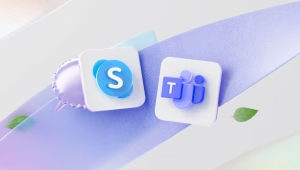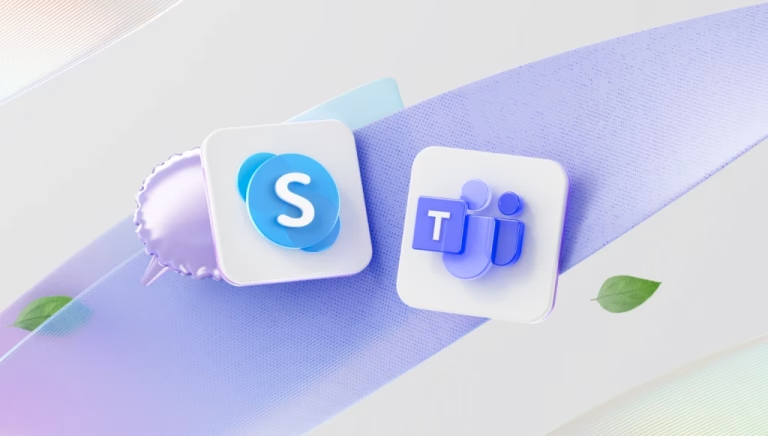As AI-powered conversational agents like ChatGPT continue to evolve, they are reshaping the digital landscape, challenging the dominance of traditional search engines like Google and Bing. The potential of ChatGPT as a primary source of information retrieval raises crucial questions for businesses, content creators, and marketers: What happens to SEO when search engines are no longer the gateway to online discovery?
In this 3000-word exploration, we will dive into how SEO might adapt, pivot, and thrive in a world dominated by AI-driven conversational models. The discussion will cover:
- How ChatGPT and AI Change Information Retrieval
- The Challenges for Traditional SEO
- Emerging Opportunities for Marketers
- Evolving SEO Practices in an AI-first World
- The Ethical Implications
- The Future Role of Search Engines
1. How ChatGPT and AI Change Information Retrieval
The Shift from Search Queries to Conversations
Historically, people relied on search engines to navigate the web, typing specific queries and scanning search engine results pages (SERPs). However, AI tools like ChatGPT enable users to engage in natural, human-like conversations to extract information. Instead of sifting through pages of links, users receive distilled answers tailored to their needs.
What Makes ChatGPT a Threat to Search Engines?
- Personalized Responses: AI can generate responses based on user history, preferences, and context, creating a more engaging experience.
- Efficiency: Users save time by avoiding the back-and-forth of traditional search queries.
- Comprehensive Summaries: ChatGPT condenses information into easy-to-digest formats.
Why Users Are Switching
- ChatGPT minimizes cognitive load, making it ideal for direct answers, summaries, and creative brainstorming.
- With GPT models embedded in apps, productivity tools, and devices, accessibility is seamless, reducing reliance on standalone search engines.
2. The Challenges for Traditional SEO
If ChatGPT replaces search engines, traditional SEO (optimized for ranking on SERPs) faces an existential challenge.
Decline in Organic Traffic
SEO has long revolved around optimizing web pages to rank for targeted keywords. But in a ChatGPT-dominated world:
- Users may never visit a website if the AI delivers satisfactory answers directly.
- Traffic-dependent industries like blogs, e-commerce, and niche content sites could face significant losses.
Reduced Emphasis on SERP Rankings
With users bypassing SERPs entirely, strategies like:
- Keyword optimization,
- Backlink generation, and
- Metadata optimization lose relevance.

Content Visibility Becomes Obscured
When AI scrapes, processes, and presents content from multiple sources, the origin of the information may remain hidden. This creates challenges for:
- Brand recognition.
- Ownership and credit for original content.
- Driving conversions through calls-to-action.
3. Emerging Opportunities for Marketers
Despite these challenges, the rise of ChatGPT also presents significant opportunities for innovative marketers willing to adapt.
AI-Optimized Content Creation
The core principle of SEO—creating valuable content—remains valid. However, optimizing for AI models, rather than SERPs, becomes the focus. Marketers will need to:
- Structure content for machine readability: Use clear headings, bullet points, and structured data to enhance AI’s ability to extract relevant information.
- Incorporate conversational language: Since ChatGPT prioritizes conversational queries, aligning content tone and style with these patterns increases its chances of being referenced.
Leveraging Direct Integration
Businesses can explore integrations with AI systems. For instance:
- Training proprietary AI models: Brands can create custom GPT versions that provide branded, controlled answers.
- Developing ChatGPT plugins: As OpenAI and similar platforms expand integrations, offering specialized plugins (e.g., for e-commerce, customer support, or technical resources) becomes a new avenue for engagement.
Focusing on Non-AI Platforms
Even if search engines decline, not all digital avenues vanish. Social media, forums, newsletters, and niche apps continue to thrive, providing additional channels for marketers.
4. Evolving SEO Practices in an AI-first World
To survive and thrive, SEO professionals and businesses must reimagine their strategies. Below are key tactics that align with the emerging paradigm.

AI Optimization as the New SEO
1. Conversational Optimization
- Focus on answering specific user questions comprehensively and engagingly.
- Structure content with FAQs, how-to guides, and step-by-step instructions, ensuring relevance to AI-driven summaries.
2. Natural Language Processing (NLP) Techniques
AI models rely on NLP to parse text. Creating content that aligns with NLP algorithms means:
- Using contextually rich keywords.
- Prioritizing long-tail phrases that mimic natural speech.
3. Data Annotation
Semantic SEO evolves into data annotation, helping AI understand the intent, sentiment, and hierarchy of content.
Direct-to-AI Strategies
1. API Integrations
- Offering data and tools directly to AI platforms allows businesses to reach users organically through AI responses.
2. Citation Partnerships
- Partnering with AI providers to ensure proper attribution for original content will help brands maintain visibility.
3. Monetizing AI Models
As AI platforms monetize through subscriptions or sponsored content, brands can invest in premium placements within AI-generated responses.

Enhanced Focus on Authority and Trustworthiness
AI is designed to prioritize reliable, authoritative sources. Businesses must:
- Build domain authority: Becoming recognized as a credible source ensures frequent citations by AI.
- Double down on E-A-T principles: Expertise, Authority, and Trustworthiness remain critical for earning credibility with AI models.
Multimedia Optimization
ChatGPT primarily uses text, but future iterations will likely integrate audio, video, and imagery. Businesses should:
- Produce multimedia-rich content to prepare for AI that references diverse formats.
- Optimize transcripts, captions, and metadata for improved discoverability by AI.

5. The Ethical Implications
The replacement of search engines by ChatGPT introduces ethical dilemmas:
Bias in AI Responses
- Unlike search engines, AI can inadvertently amplify biases in its training data.
- Businesses may need to address misinformation resulting from misinterpretations of their content.
Copyright Concerns
- If AI generates responses based on scraped content, creators may lose control over their intellectual property.
- Advocacy for fair-use regulations and content licensing becomes paramount.
Loss of Diversity
- With AI as the primary arbiter of information, smaller or niche websites risk exclusion, concentrating power among a few AI platforms.
6. The Future Role of Search Engines
Search engines are unlikely to disappear entirely. Instead, they will evolve to coexist with AI tools, perhaps in the following ways:
Complementing AI with Hyper-Specialized Search
Search engines may focus on areas where AI struggles:
- Real-time updates.
- Niche topics requiring in-depth exploration.
- Interactive tools like maps, filters, and comparisons.
Emphasizing Transparency
Search engines can differentiate themselves by offering clear sourcing, unlike AI, which condenses multiple sources into a single response.
Conclusion: Adapting to the New Reality
While ChatGPT and similar tools challenge the traditional SEO paradigm, they do not spell the end of search optimization. Instead, they usher in a new era—AI-first optimization. By embracing conversational content, building authority, and leveraging emerging tools, businesses can remain visible, competitive, and relevant.
In this shifting landscape, success depends on adaptability. SEO professionals must continue evolving alongside AI, ensuring their strategies meet users where they are: in the conversations powered by ChatGPT and beyond.
-
Nintendo Switch 2: Every Exciting Feature
-

apple iOS 18.4.1 Update Released: Fixes Critical Zero
-
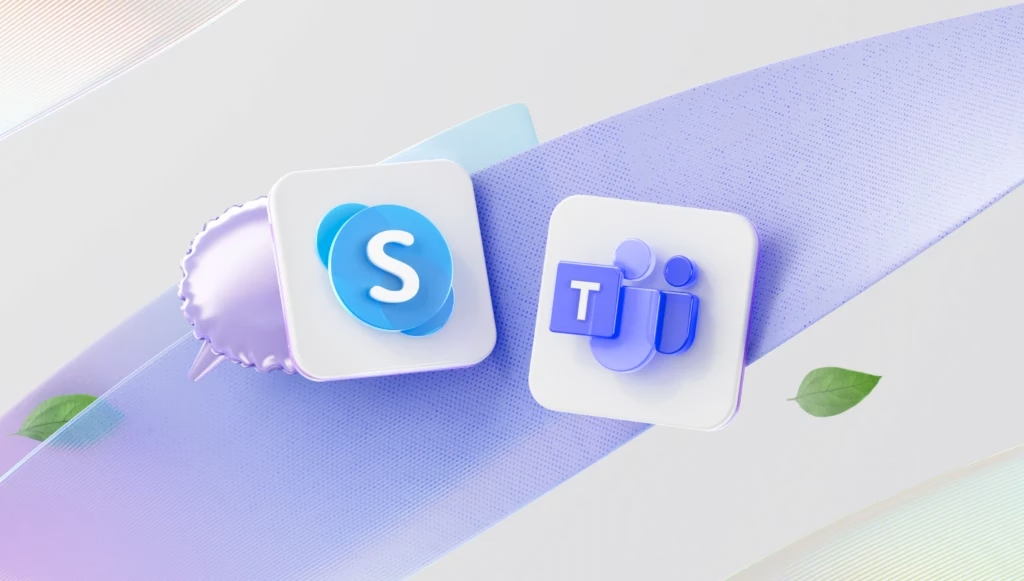
Skype Shutting Down: Shocking End After 14 Years – What You Need to Know!
-

iPhone 16e: Apple’s Affordable Innovation
-

Sony State of Play 2025: Exciting Reveals & Must-See Game Announcements!
-

iOS 18.3.1: Apple’s Latest Security Update
-
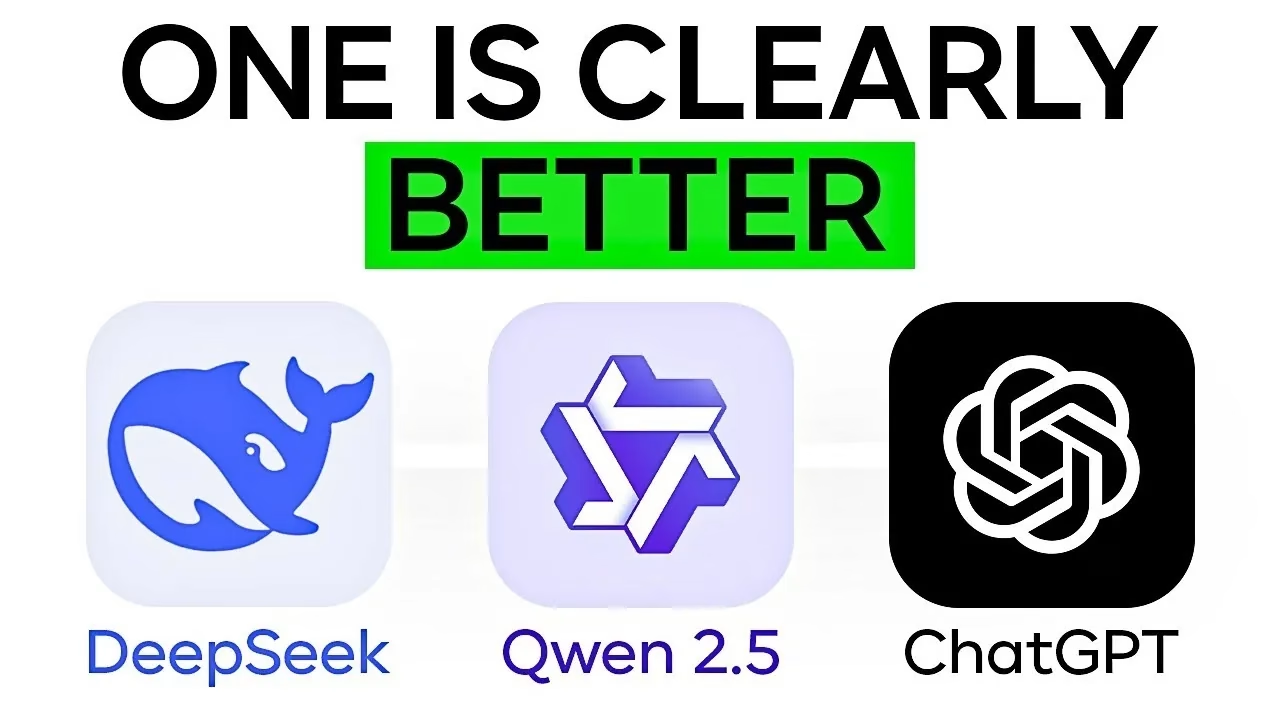
DeepSeek vs ChatGPT: The Ultimate AI Showdown
-

DeepSeek vs ChatGPT: A Comprehensive Battle of AI Giants – Origins, Performance, and Future Impact
-
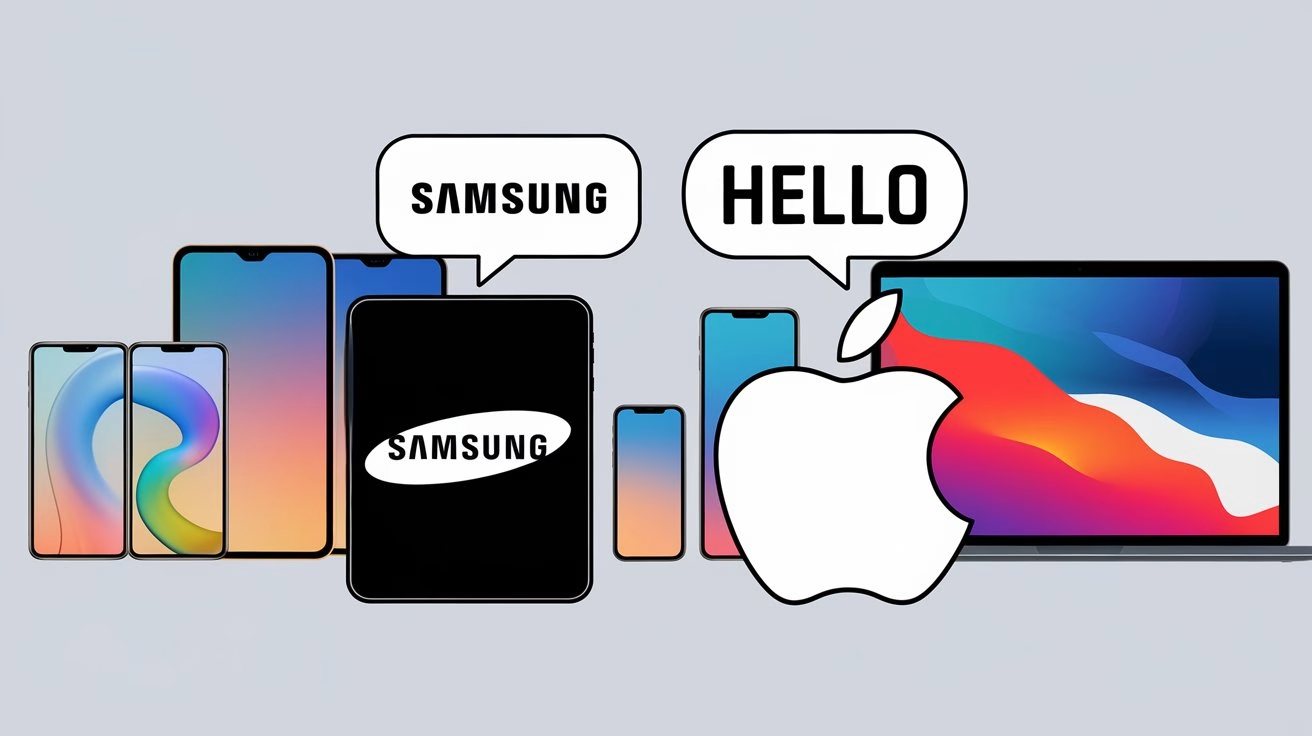
Samsung vs. Apple: A Comprehensive Comparison
-

The Best Gaming Phone Under $700 in 2025
-

Skype Shutting Down: Shocking End After 14 Years – What You Need to Know!
-

iPhone 16e: Apple’s Affordable Innovation
-

Sony State of Play 2025: Exciting Reveals & Must-See Game Announcements!
-

iOS 18.3.1: Apple’s Latest Security Update
-

DeepSeek vs ChatGPT: The Ultimate AI Showdown
-

DeepSeek vs ChatGPT: A Comprehensive Battle of AI Giants – Origins, Performance, and Future Impact
-

Samsung vs. Apple: A Comprehensive Comparison
-

The Best Gaming Phone Under $700 in 2025
-

Rollable Display Laptops: The Future of Mobile Computing
-

Acer Nitro 5 Gaming Laptop: Power Package


